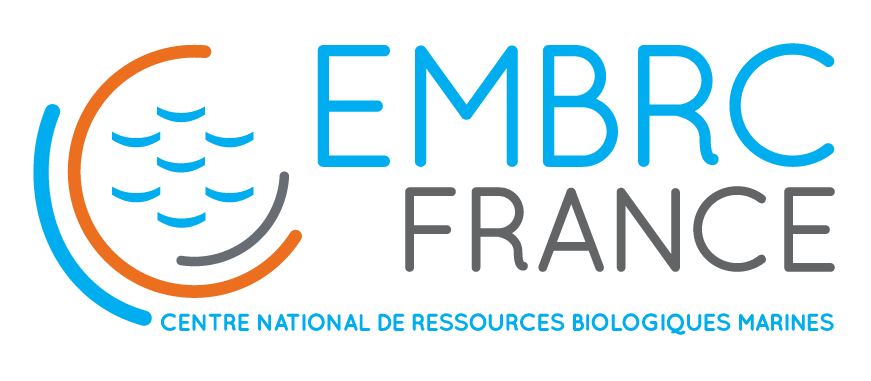Stress Response, regeneration & longevity
| Description | : | Certain marine animals such as cnidarians (sea anemones, corals and “jellyfish) possess so-called whole body regenerative capacities, as they are able to reform fully functional organisms from most isolated body parts or even dissociated cells. Another interesting property of symbiotic cnidarians is their ability to resists and adapt to very high expositions to intracellular ROS, produced by their symbionts, and known to be devastating for mammalian cells by enhancing the aging process. Importantly, this extreme regenerative potential, the impressive ROS resistance and plasticity to adapt to drastic environmental variations are accompanied by an extended live span / immortality in a large set of these marine animals. We take advantage of these interesting and intriguing biological features of cnidarians to decipher their underlying cellular, molecular, biochemical and genetic mechanisms. Our multidisciplinary and integrative research developed with local, national and international academic collaborators aims to obtain a novel view of cnidarian regeneration, stress response and adaptation. Ultimately, our research will participate in improving our understanding of how these marine invertebrates prevent aging and age-related diseases, discoveries that will subsequently be transfert to vertebrate/human related research within the IRCAN and our network of collaborators with the longterm goal of creating novel opportunities for regenerative medicine. |
|---|---|---|
| Address | : | IRCAN - Institute for Research on Cancer and Aging, Nice School of Medicine 28, Ave de Valombrose 06107 Nice Cedex 02 - France |
| Website | : | https://ircan.org/en/research/eric-rottinger |
| Institute | : | Institut de recherche sur le cancer et le vieillissement (IRCAN) |


(France)


